'Diet' and 'sugar-free' are not the same thing as healthy

Diet soda. Low-sugar ketchup. Light yogurt.
Advertisement
Cleveland Clinic is a non-profit academic medical center. Advertising on our site helps support our mission. We do not endorse non-Cleveland Clinic products or services. Policy
What do these foods all have in common? They’re all common items on grocery shelves, and they all probably contain some form of artificial sweeteners.
These are substances that give foods and beverages a sweet taste with minimal calories and no sugar. And in one recent study, more than one in four children reported eating or drinking something that contained an artificial sweetener on a given day.
While some people think that swapping sugar for artificial sweeteners is an easy way to reduce their kids’ sugar consumption, a lot of questions about them still remain. Are artificial sweeteners safe for kids to consume? And do they actually help with weight loss? Unfortunately, the answers aren’t exactly straightforward.
According to the American Academy of Pediatrics, 17% of calories in kids’ diets comes from sugar — and half of that comes from drinks with added sugar. (For reference, the 2015-2020 Dietary Guidelines for Americans recommend that no more than 10% of anyone’s daily calories come from added sugar.)
“Excessive sugar consumption, especially from sugar-sweetened beverages, contributes to childhood obesity,” says pediatric dietitian Hanna Freeman, MS, RD, CSP, LD. Sugar is digested quickly in the body, which can cause rapid blood sugar spikes that can leave a child feeling hungry after eating — or make them crave even more sugar, she says.
Advertisement
For a child who needs between 1,300 to 1,500 calories a day, just one 12 oz. can of soda alone can push them past the recommended 10% added sugar limit.
“I have found that many children with obesity may drink up to three to four sugar-sweetened beverages per day, which far exceeds the daily allowance for added sugar,” Freeman adds.
Sugar also lacks nutrition from fiber, vitamins or minerals, Freeman explains. So if children consume a large percentage of their calories from sugar, they’re likely missing out on other foods that provide essential nutrients needed for growth and development.
Because artificial sweeteners contain minimal calories and no sugar, they don’t cause those troublesome blood sugar spikes, and some people assume they are healthier than sugar.
Some of the most recognizable ones are:
But whether artificially sweetened foods and beverages are healthier options than sugary foods and beverages isn’t exactly clear. When it comes to weight, Freeman notes that some studies have shown an association between artificial sweeteners and short-term weight loss or weight stability, but studies on their long-term effects are lacking.
There’s also still a lot to learn about other ways that artificial sweeteners may affect people’s health. Some studies have shown that certain ones may alter the makeup of important bacteria in the gut. Early animal studies also linked certain sweeteners to increased risk for cancer, but newer studies have not found this association.
The Food and Drug Administration has established acceptable daily intake levels for sweeteners, which is the amount thought to be safe to consume based on someone’s body weight. But because manufacturers aren’t required to disclose exactly how much sweetener they put in products, it’s not easy for parents to know how much their child is consuming.
Freeman offers this general guidance: “A child with obesity who is drinking multiple sugar-sweetened beverages per day may benefit from replacing these drinks with sugar-free alternatives to reduce sugar and calorie intake. But I generally recommend no more than one or two 8 oz. cups of beverages that contain non-nutritive sweeteners per day.”
It’s important to remember that “sugar-free” is not the same thing as healthy. The best option overall is to set kids up for long-term success by helping them establish healthy eating habits centered on whole foods and minimal added sugar.
“There is strong evidence showing that lower intake of added sugars is associated with reduced risk for cardiovascular disease in adults and moderate evidence for reduced risk of obesity, type 2 diabetes and some types of cancers in adults,” Freeman says.
She offers these tips for minimizing added sugar intake in the household:
Advertisement
Advertisement
Learn more about our editorial process.
Advertisement

Most kids get enough protein in a regular diet — too much can have side effects

Look for snacks that are low in sugar and high in fiber, protein and healthy fats
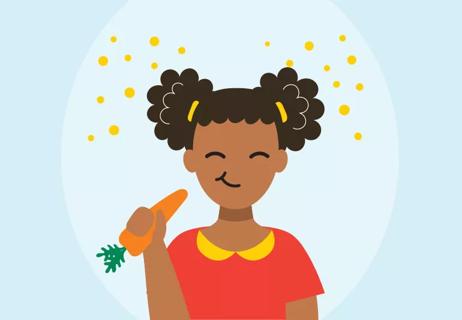
Turn down the pressure, but don't stop offering
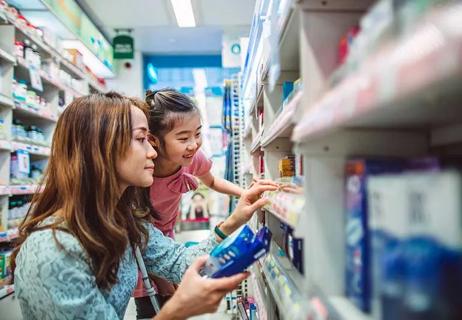
Kids typically get all the nutrients they need from food, but supplements can add peace of mind
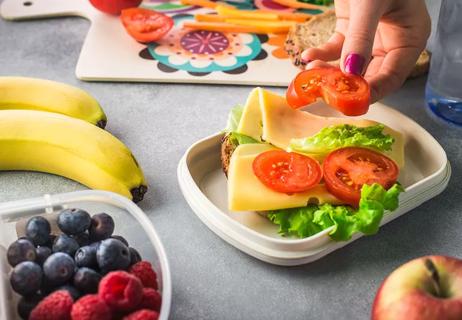
The five major food groups offer different types of nutrients in the right proportions
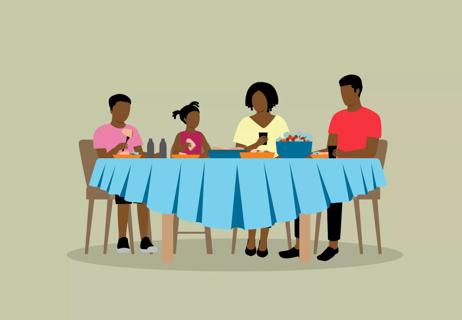
Be a good role model, set family meal times and involve your kids in meal planning

How to keep kids' diets healthy while the sun heats things up
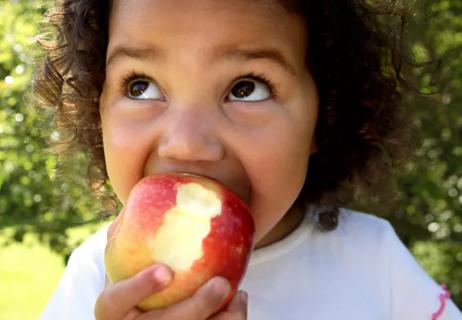
Fiber can lower blood pressure and promote healthy bowel function

Wearing a scarf, adjusting your outdoor activities and following your asthma treatment plan can help limit breathing problems

Your diet in the weeks, days and hours ahead of your race can power you to the finish line

When someone guilt trips you, they’re using emotionally manipulative behavior to try to get you to act a certain way